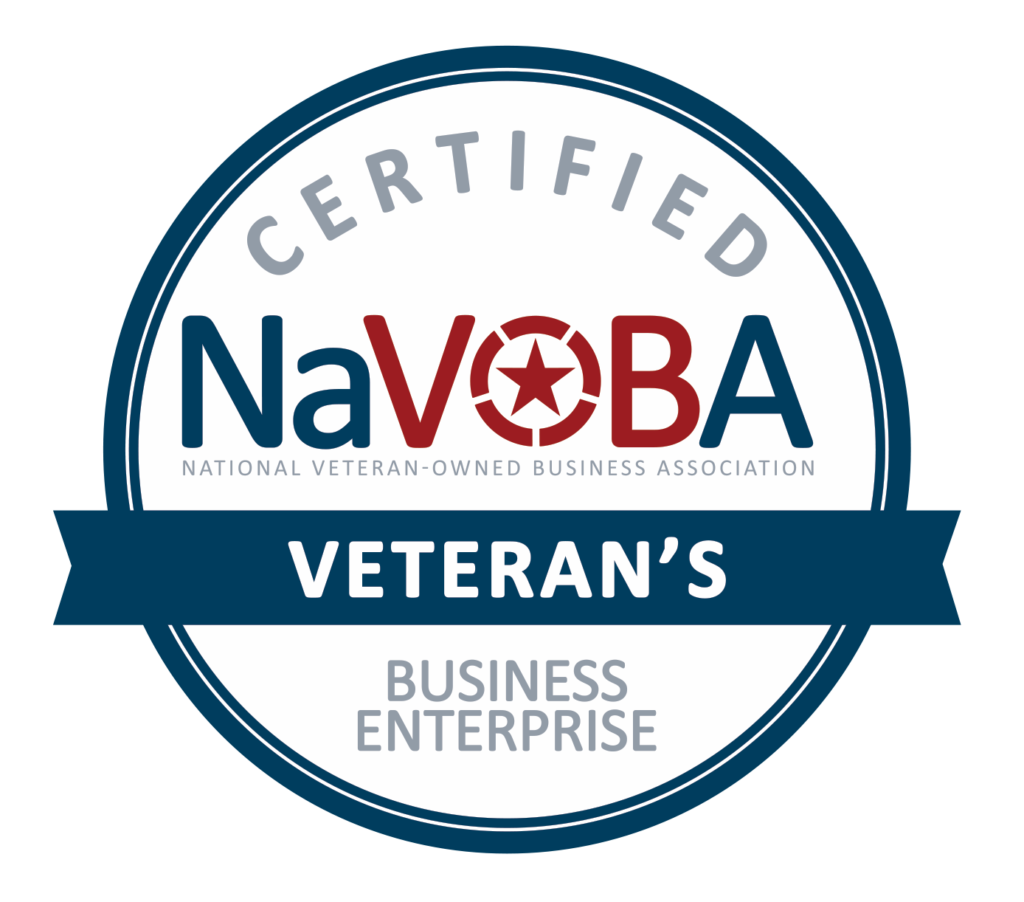Blogs
Insights, Updates, and the Latest News
News
You don’t need to love everything about your job—just find a moment each day that makes it feel meaningful. Those small sparks of fulfillment are what sustain long-term success and career alignment...
Technical skills get you in the door—but it’s human skills that sustain and elevate your career. From communication and curiosity to wellness and respect, mastering the human element is what sets...
Your first job may not be perfect—but it’s where you build the grit, clarity, and skills that shape your career. Before you leave too soon, ask yourself: have I given it the time to grow?...
Student-athletes have the mindset Wall Street needs—resilient, coachable, and driven. As a former athlete and finance professional, I help them turn their discipline into a powerful edge in...
Discover how top Wall Street Managing Directors achieve long-term success by embracing change, strategic thinking, and seizing opportunities during market disruptions. Learn the essential mindset and...
Explore why so many high-achieving professionals experience success without fulfillment—and discover strategic actions you can take to align your career with your core values, ambitions, and true...
How do I deal with this? When is it time to escalate? How do I handle this while maintaining my self-respect? Here's what you do...










